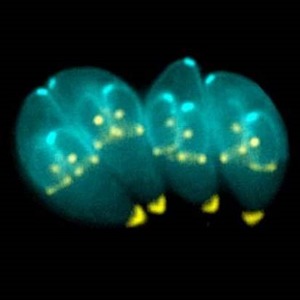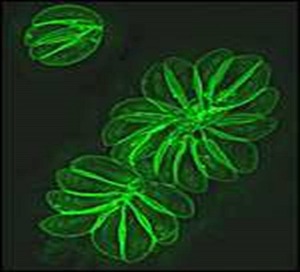New London International Development Centre grant
Congratulations to Dr Martin Walker and Professor Joanne Webster who have been awarded a grant by London International Development Centre to work on "Towards improved interventions against human toxoplasmosis by identifying routes of transmission".
Toxoplasmosis is a globally prevalent disease caused by the neglected parasite Toxoplasma gondii. T. gondii can infect all warm-blooded animals, although only felids (cats) are definitive hosts. Congenital transmission can cause abortion, life-threatening pathology, or lifelong disability and is associated with a high burden of disease. Adult-acquired (i.e. non-congenital) transmission of T. gondii occurs predominantly via two routes; either ingestion of parasite tissue cysts (bradyzoites) in raw/undercooked meat or ingestion of environmental oocysts via contaminated food, water and/or soil. Which of these transmission routes predominates in human infections, and under what conditions/countries, remains unclear and this impedes the design of effective control strategies.

This project will combine new serological techniques with mathematical transmission models to develop a novel framework and proof-of-concept for identifying modes of transmission in human populations. Ultimately, this approach will facilitate the design of evidence-based intervention strategies to control toxoplasmosis both in both high-income and in low- and middle-income countries.

You may also be interested in:
-
New RVC study reveals how dragonfly wings can inform engineering and robotics
A new study led by the Royal Veterinary College (RVC) and Imperial College London has revealed how …

